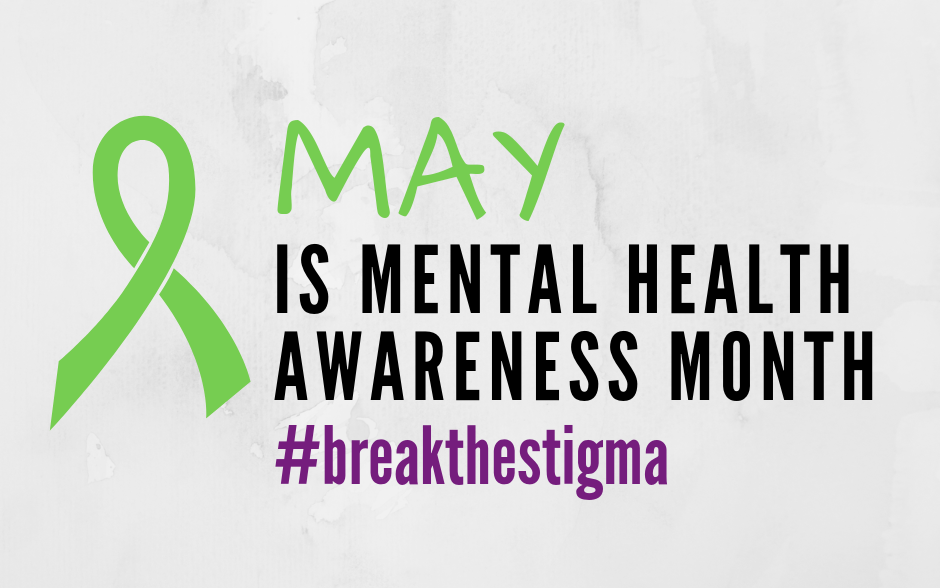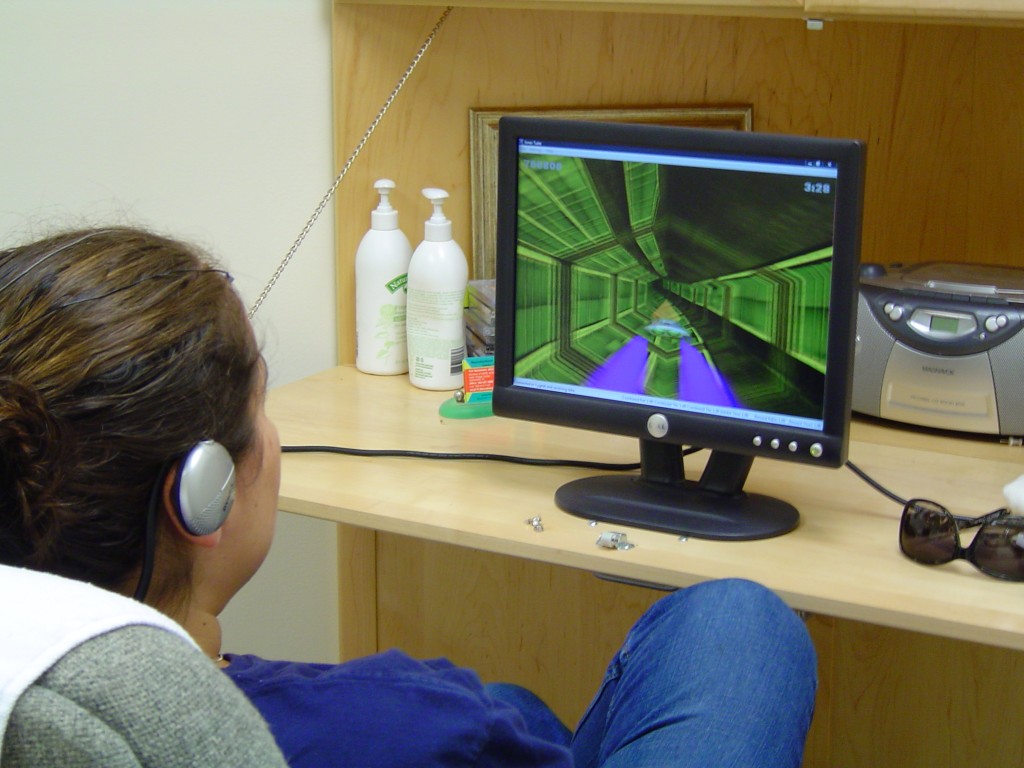-
Recent Posts
Pages
 More about the Brain
More about the BrainRecent Comments
ACA recommends Neurofeedback to increase counseling effectiveness
In a recent article in Counseling Today Magazine, published by the American Counseling Association, states: “(Complicated clients) brainwave electrical activity and physiological functions such as heart rate, breathing, muscle tension and hormone regulation are severely imbalanced or dysregulated. To benefit from counseling, their healthy brainwave activity and body regulation must first be improved. This can be done through neurocounseling, which may include lifestyle changes in diet, sleep and exercise; reduced screen time; the use of brain-based supplements such as omega-3, D3 or melatonin; biofeedback to improve breathing, muscle tension or blood flow; and neurofeedback to restore the brain’s healthy neurological activity.” Read the full article here: https://www.counseling.org/publications/counseling-today-magazine/ct/blog/2025/02/11/9-future-trends-in-neuroscience-informed-counseling?utm_source=informz&utm_medium=email&utm_campaign=newsletter_counselinginsider_02202025&_zs=Xb1NG1&_zl=F4Xh7. #neurofeedback #counseling #neurocounseling
Posted in brain training, counseling, Mental Illness, Neurofeedback
Tagged brain health, counseling, neurocounseling, neurofeedback
Leave a comment
Getting stress-related disorders under control: the untapped potential of neurofeedback
https://www.sciencedirect.com/science/article/abs/pii/S0166223624001504
Abstract
Stress-related disorders are among the biggest global health challenges. Despite significant progress in understanding their neurocognitive basis, the promise of applying insights from fundamental research to prevention and treatment remains largely unfulfilled. We argue that neurofeedback – a method for training voluntary control over brain activity – has the potential to fill this translational gap. We provide a contemporary perspective on neurofeedback as endogenous neuromodulation that can target complex brain network dynamics, is transferable to real-world scenarios outside a laboratory or treatment facility, can be trained prospectively, and is individually adaptable. This makes neurofeedback a prime candidate for a personalized preventive neuroscience-based intervention strategy that focuses on the ecological momentary neuromodulation of stress-related brain networks in response to actual stressors in real life.
Posted in Neurofeedback, Neurofeedback Research, stress
Tagged neurofeedback, stress
Leave a comment
What is inattentive ADD?
What is inattentive ADD? Check out the article below. If you are looking for a non-med treatment for ADHD, take a look at Neurofeedback! It’s non-invasive and most students enjoy doing it! Contact us for more information!
https://www.additudemag.com/dopamenu-dopamine-menu-adhd-brain/?ecd=wnl_additude_240807_cons_adhd_school&goal=0_d9446392d6-fce202ceaf-287788085
https://www.additudemag.com/dopamenu-dopamine-menu-adhd-brain/?ecd=wnl_additude_240807_cons_adhd_school&goal=0_d9446392d6-fce202ceaf-287788085
Many ADHDers are Time Challenged
One of the characterics of ADHD is the inability to determine accurately how much time a project will take, or how much time it will take to get places. Time is a hard concept for many of those who struggle with ADHD.
So we asked several adults with ADHD how they handle their relationship with Time. Below are some responses (courtesy of ADDitude Magazine):
“I am only aware that time has passed when I look at a clock. Without that, I just think of the last time I checked and assume, ‘That must be what time it is.’ I know that sounds silly, but I really don’t know how long it takes to do simple everyday things, like make and eat breakfast, much less large tasks or projects.”
“Time is a completely fluid concept to me. I am chronically optimistic that I can do just one more thing.”
“It takes conscious effort not to succumb to the magical thinking that a week’s worth of tasks can be fit into a day. I’m a writer, and I’ve missed or pushed, with great anxiety, more deadlines than I can count. Same with arriving late to appointments. It’s as if any time between tasks disappears into a black hole. I would get many years back if I could retrieve that time.”
“I have downloaded and deleted countless apps in an attempt to keep track of my time. Turns out, my best solution is to set an alarm to go off every few hours with the label ‘THE PASSAGE OF TIME’ to make me stop and check where I am in the day.”
“I realized how bad my sense of time was when this conversation kept repeating itself in our house: Me: ‘It’ll take about five minutes to get there.’ My husband (looks at me funny and says): ‘Or closer to 20…’ And he was always right. Sometimes I play music while doing chores/errands, just because the changing songs mark the passage of time.”
Teen’s Brain Goes Through Lots of Changes

The Teenage Brain undergoes lots of developmental changes during the teenage years. A parent’s understanding of these changes can help their child through this amazing process and might help explain some teenage behaviors and how to react to them. Sometimes these changes become overwhelming, over intensified, or don’t proceed as expected, due to physical, emotional, or chemical trauma to the brain. In these cases, an intervention may be needed. Neurofeedback can help get the teenage brain back on track and improve neuro-self regulation.
Here are some changes parents can expect as the teenage brain matures:
-Some unused or lightly-used Neuronal connections are pruned, while others are strengthened. Your teen will begin to realize what they are good at and pursue those endeavors.
-Limbic System will most likely be overactive. Lots of emotions!
-Social Awareness increases. Being part of a group increases in importance.
-Dopamine levels rise
-Sleep Cycles change. Teens need lots of sleep, but they tend to go to sleep later than adults.
-Sexual awareness increases
For a more in-depth look at these changes click here
How Sleep helps Brain Function

We are learning more and more about the relationship between adequate sleep and brain function. Your brain does a lot of things while you are ‘sleeping’, including removing cellular wastes and toxins that have built up during the time you are awake; consolidates memory (important for students!); manages emotions; and lots more. Click here to read more about sleep and brain function. If your brain needs help in regulating sleep patterns so you get more and better sleep, give Neurofeedback a try. NF helps teach the brain to regulate itself better. Contact us to set up a complimentary consult (valid through June 30!)
Posted in Brain Health and Aging, Sleep, Uncategorized
Tagged bettersleep, brainhealth, insomnia, neurofeedback, Sleep
Leave a comment
May is Mental Health Awareness Month

Relieving stress can help with one’s Mental Health. Meditation, relaxation breathing, exercise and mindfulness are all things you can do at home to help with your mental health. If more help is needed, Neurofeedback can help your brain take back control of your emotions and better regulate it’s functioning. We are open and are accepting new clients. Contact us during May for a complimentary consult.
Posted in Uncategorized
Leave a comment
Scholarships available for College Students doing Research on Neurofeedback
Did you know that FERB (Foundation for Education and Research in Biofeedback) has money available for Research Grants and attending the AAPB Annual Conference (this year will be in La Jolla, California).
FERB will award its annual research grants for student projects in the amount of $1,500. Each student must complete an application form in which they provide details about their proposal (research question, measures, subject recruitment, hypotheses, statistics, etc.). Research support will be limited, based on the quality of the submissions and availability of funds.
STUDENT AAPB MEETING TRAVEL AND REGISTRATION SCHOLARSHIP
In 2020 FERB will award travel scholarships in the amount of $300 plus AAPB conference registration to a limited number of students who present or volunteer at the AAPB meeting in La Jolla, pending formal application to FERB by the student and verification of meeting participation by AAPB.
Can’t make it this year? Apply now, or in the near future, for next years’ grants!
Neurofeedback Found to Change the Brain
There have been several studies done that show Neurofeedback does change the brain. fMRI’s and Spect Scans done after a Neurofeedback session show a difference in brain function. But those changes don’t last long. Many sessions of Neurofeedback are usually required before the brain actually incorporates those changes for the long term. In other words, it takes the brain several sessions for it to ‘learn and retain’ those changes for the long term. Here is the most recent study showing that Neurofeedback changes the brain
